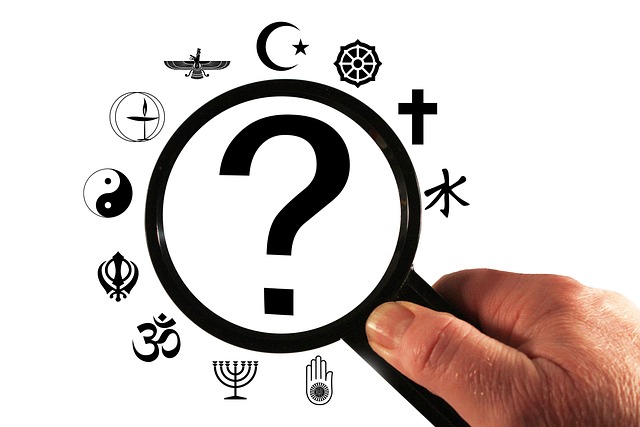In our quest for understanding the world around us, the notion of what is considered valid has sparked fervent debates in both scientific and philosophical communities. The very fabric of our reality is often woven from threads of beliefs that we accept as true, yet the tests of validity challenge these notions rigorously.
Science, characterized by its empirical approaches and reliance on observation, offers a distinct perspective on validity. Through the scientific method, hypotheses are rigorously tested, leading to conclusions that can either be validated or falsified. This process emphasizes the necessity for evidence and reproducibility. Yet, it also raises the question: how valid is our interpretation of the evidence we collect? As researchers delve deeper into their fields, they often encounter anomalies that challenge established theories, pushing the boundaries of what we accept as valid knowledge.
Modern philosophy provides another lens through which we can explore the concept of validity, particularly in the context of epistemology—the study of knowledge itself. Philosophers like Descartes and Kant grappled with what it means to know something, ultimately leading to discussions that still resonate today. In a world flooded with information and increasing skepticism, the philosophical inquiry into the validity of our beliefs becomes paramount. Are our conclusions derived from reason, or are they influenced by biases and perceptions that cloud our judgment?
The interplay between science and modern philosophy creates a fascinating dialogue. As scientific advancements push us toward new understandings, philosophical questioning ensures we remain aware of the limits of that knowledge. For instance, consider the scientific debates surrounding climate change. While consensus among scientists provides a strong endorsement of validity regarding the data, it’s the philosophical inquiries about ethics, responsibility, and the future that urge us to act. They remind us that valid data alone isn’t sufficient without a corresponding moral compass.
Furthermore, the challenge of validating subjective experiences invites a rich discussion in both realms. Emotions, beliefs, and personal experiences may defy empirical measuring tools, yet they reflect a profound aspect of human existence. How do we make sense of such phenomena? Here, the blend of scientific inquiry and philosophical reflection becomes invaluable. The quest for validity transcends mere data collection; it turns into an exploration of understanding the human condition.
As we stand at the juncture of science and modern philosophy, we must embrace the inherent uncertainties that come with the pursuit of validity. Rather than arriving at a definitive answer, it is often the journey through questions and debates that sharpens our discernment. By acknowledging the nuances, we cultivate a richer appreciation of knowledge—one that is dynamic, ever-evolving, and profoundly human.




